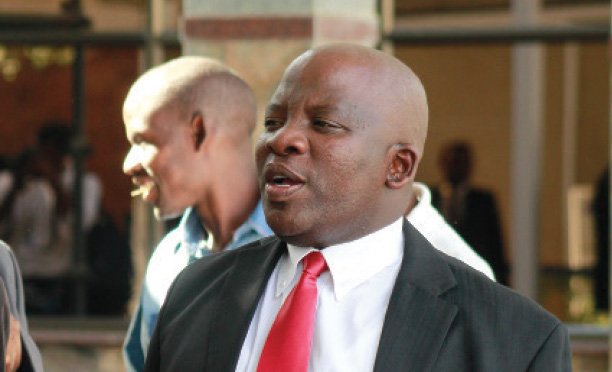MEN ABUSED TOO
National Relationship Study launched this week reveals that Gender Based Violence (GBV) in Botswana is relatively high with both women and men at risk.
The Study includes for the first time men’s experiences of violence not just as perpetrators but as GBV survivors as well. It also cements that patriarchal attitudes play a huge role in driving GBV both for women and men with such attitudes perpetuating rape culture and encouraging the culture of silence, as survivors fear secondary victimisation.
The Study that was unveiled in Artesia by the Minister of Nationality, Immigration and Gender Affairs, Ngaka Ngaka reveals that 37 percent of women have experienced some form of GBV in their lifetime including partner and non-partner violence, with 30 percent of men reported as perpetrating GBV.
On the other hand 21 percent of men interviewed reported experiencing some form of violence, while 12 percent of women reported continued GBV in their lifetime.The study measures the extent, risk factors, determinants and effects of GBV. In addition, it explores the current GBV response with implications for prevention, treatment, care and support and recovery interventions. Minister Ngaka said at the launch of the Study on Tuesday that Botswana is the first SADC country to conduct a follow-up Study to the initial 2012 study.
Botswana is also the second country in the region after Seychelles to undertake a comprehensive GBV Study that encompasses both Violence Against Women (VAW) and Violence Against Men (VAM). “The Study broke new ground as it increased the 2012 Study sample size 10 times, covering all districts, thereby allowing disaggregation of results by districts,” Ngaka said. According to the Study, most of the violence reported occurs in intimate relationships. This is showed by 36 percent of women who reported experiencing violence in an intimate relationship, while 26 percent of men reported perpetrating Intimate Partner Violence (IPV).
Emotional Intimate Partner Violence was the most common form of IPV experienced by women at 31 percent and perpetrated by men at 17 percent. The study further shows that 15 percent of women reported experiencing abuse in pregnancy and these are relatively low levels of non-partner rape reported by women at five percent and one percent for men as rape statistics recorded by the Botswana Police Service and Shelters.
“These statistics require all of Batswana to deeply interrogate them and introspect so that we develop targeted interventions that will address the root cause of the problem across the country,” Minister Ngaka said. The Study suggests that emotional partner violence and physical violence are the most common forms of GBV respectively. It further states that men are less likely to report their experiences of violence.
Alcohol consumption has been found to increase the risk of IPV experience and perpetration. It adds that Shelter services in Botswana are not proportionate to the needs of GBV survivors.These findings, according to Ngaka place Botswana within the World Health Organisation global GBV estimates, which indicate that about one in three women worldwide have experienced some form of violence.
Minister Ngaka says to address the situation, government will put in place a more robust Monitoring and Evaluation Framework in every district as well as development of a comprehensive prevention strategy that includes interventions at all levels of the ecological model; individual, relationship, community and societal.
The Ministry of Nationality, Immigration and Gender Affairs will also work with relevant stakeholders to develop a comprehensive system for GBV management including psychosocial support. In addition, GBV Referral System will be strengthened to improve coordination of partners’ activities in addressing multifaceted challenges of GBV as well as improving access to comprehensive quality services for GBV survivors.






